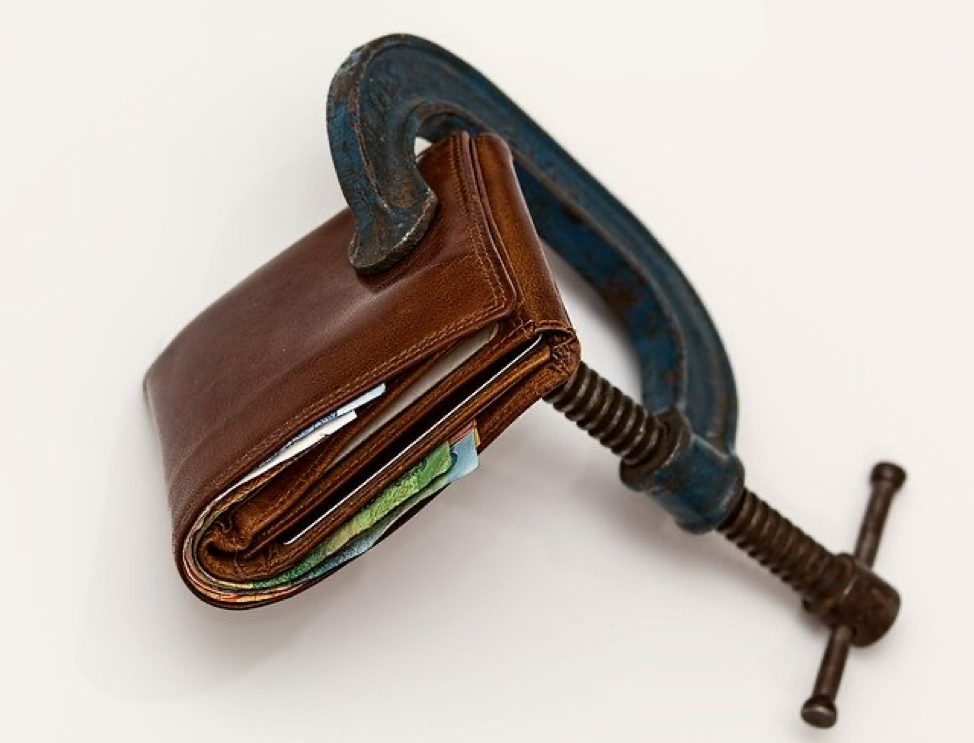How to Maintain a Good Credit Score
Feb 25, 2020 08:25
Credit scores are very important to maintain for a variety of reasons, other than getting access to the best possible loans. You can get better rates on your home insurance, car insurance, health insurance, etc. if you maintain a good credit score. Moreover, you can negotiate better premiums and rates for your credit cards if you have a good credit history. However, it’s very important to understand what affects your credit score.
What Affects Your Credit Score?

credit cards from MasterCard
Credit scores, usually called FICO scores, range from 300 to 850. However, some specific industry credit scores can also range from 250 to 900. That being said, they comprise of the same 4-5 variables that include:
• Payment History (35%): If you skip payments, it is a blemish that can stay on your credit report for up to seven years in some cases. However, if you have a history of paying your bills on time, your credit score will continuously reflect that.
• Debts (30%): High balances relative to your credit limit on multiple cards can create ballooning debt and negatively affect your score.
• Credit History (15%): Trends in payment patterns and the length of your credit history can affect your credit score.
• Current Credit (10%): This can include your mortgage, car loan, equity loans, etc. If you have one or two credit cards for all these types of credits, it’s considered a healthy balance.
• New Credit Applications (10%): Too many new applications can negatively affect your credit score. Opening a new credit account also lowers your credit age (average age of your credit accounts). The higher the age is, the better your credit score will be.
Credit Scores Depend on Credit Card Balances

Growing credit limit graphic
If you’re wondering how to build credit with a credit card, it’s not that hard. The best way to do so is to save up for a purchase, buy it through your credit card, and immediately pay off the liability. This will keep your credit card balances low. Ideally, they shouldn’t exceed 30% of your combined credit limit (all your credit card limits combined).
When your credit card statement arrives, it should never have greater than 30% of your combined credit limit. Of course, this is not to say you can never go over that to keep a perfect score. Just make sure that you’ve got the limit down to 30% before the billing month ends.
Keep Old Credit Cards Active
Inactive accounts are given less weight in your credit history and score. Hence, if you’re not using a credit card, there’s no reason to deactivate it. Once it’s deactivated, your credit history will be removed from your account after 10 years. This will shorten your credit age and the score will automatically drop. Also, your available credit will drop once the credit card is closed. All of this negatively impacts your credit score.
Managing Your Debt Is Half the Battle

Measuring credit history
Credit card balances aside, your debt affects your credit score the most. Managing your debt is one of the best ways to build your credit score. Better yet, you shouldn’t accrue any debt if you can’t manage it. Try to live below your means consistently and cut back on any subscriptions you’re not using.
These can include gym memberships that are being renewed without purpose. They can also include subscriptions you don’t use like Netflix or Amazon Prime. You can also cancel your cable subscription if you don’t watch TV. All of this will help you manage your debt better.
Keep a Close Eye on Your Credit Report

Credit cards graphic
You’ve heard the saying, a watched pot never boils. The same goes for your credit report. If you keep an eye on it, you may never get to the point of no return. Not only can you manage your purchases and debt around your credit report and score, but you can also fix errors. Such errors may hurt your credit score without you knowing.
These can occur due to identity theft and credit card fraud. If you report it, your credit score will not only be rectified, but you can save on a lot of hassle. Checking credit reports throughout the years will help you detect these mistakes.
If you follow these tips, you could maintain a good credit score. Read more credit monitoring services for lenders.
Author bio: XXXX is the Senior Content Manager at KikOff.com. He/She is responsible for overseeing the content writing services at the site. He/she enjoys bowling in his/her free time and loves the works of William Wordsworth.







































































